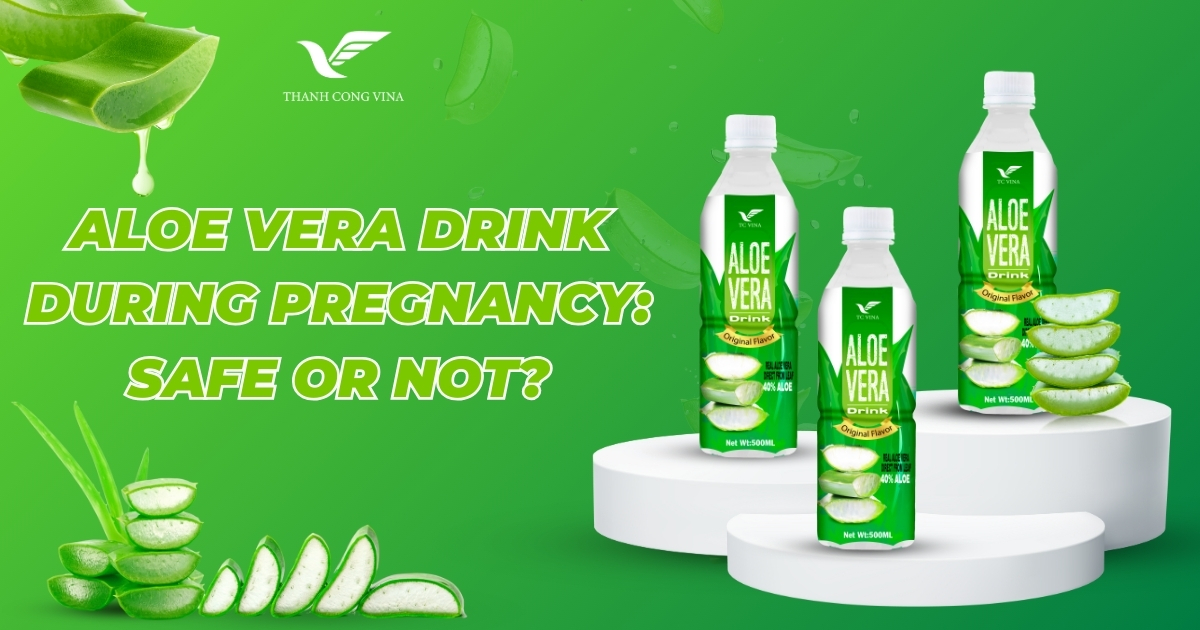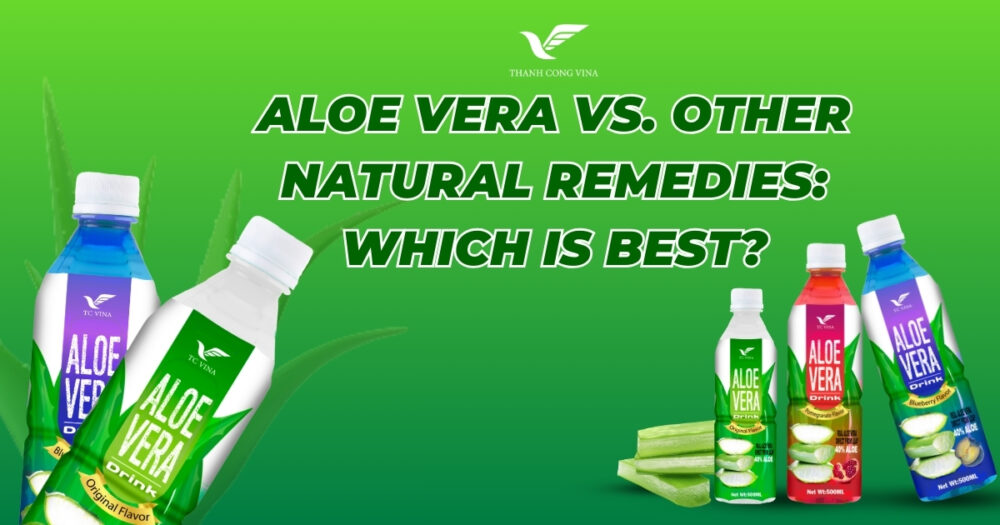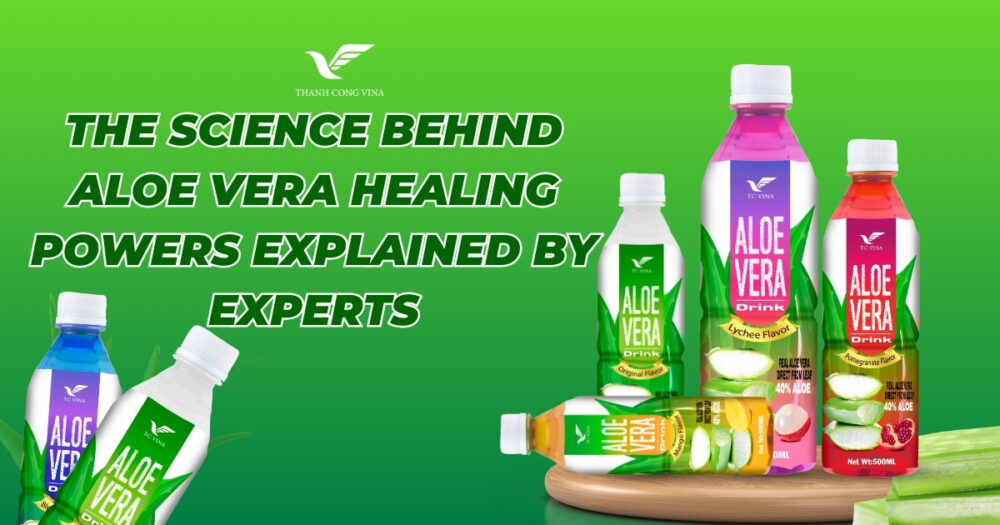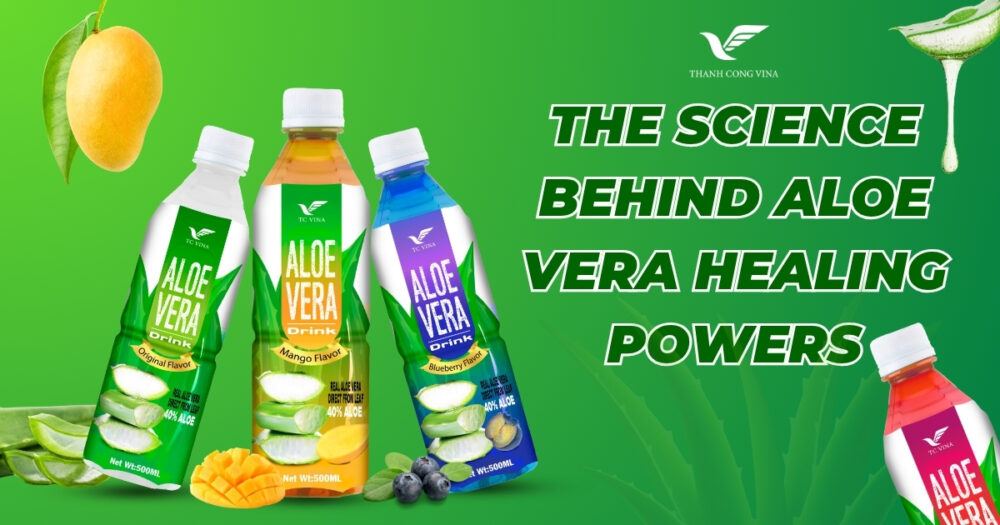Aloe vera drink, often dubbed the “plant of immortality,” has been cherished for centuries for its therapeutic properties. From soothing sunburns to aiding digestion, its applications are vast. In recent years, the consumption of aloe vera drinks has surged, touted for their health benefits. However, for expectant mothers, the question arises: Is drinking aloe vera safe during pregnancy? This comprehensive guide delves into the potential benefits and risks of aloe vera drink consumption during pregnancy, ensuring that mothers-to-be make informed decisions.
Understanding Aloe Vera and Its Components
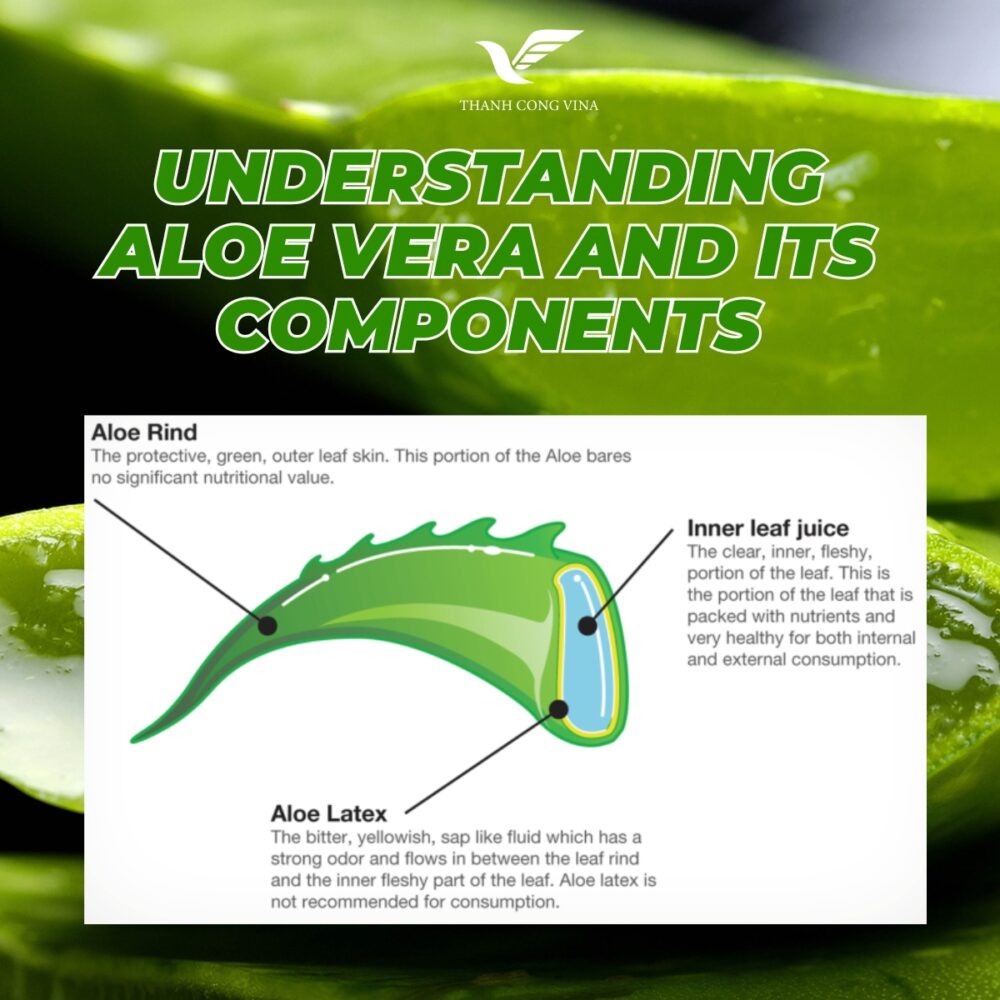
Understanding Aloe Vera and Its Components
Aloe vera is a succulent plant species known for its thick, fleshy leaves containing a clear gel. This gel comprises over 75 active constituents, including vitamins, enzymes, minerals, sugars, lignin, saponins, salicylic acids, and amino acids. The two primary components used are:
-
Aloe Vera Gel: The clear, jelly-like substance found in the inner part of the leaf. It’s commonly used for topical applications and, when processed, for beverages.
-
Aloe Vera Latex: A yellowish substance found just under the plant’s skin. It contains compounds called anthraquinones, notably aloin, which have potent laxative effects.
Potential Benefits of Aloe Vera Drink During Pregnancy
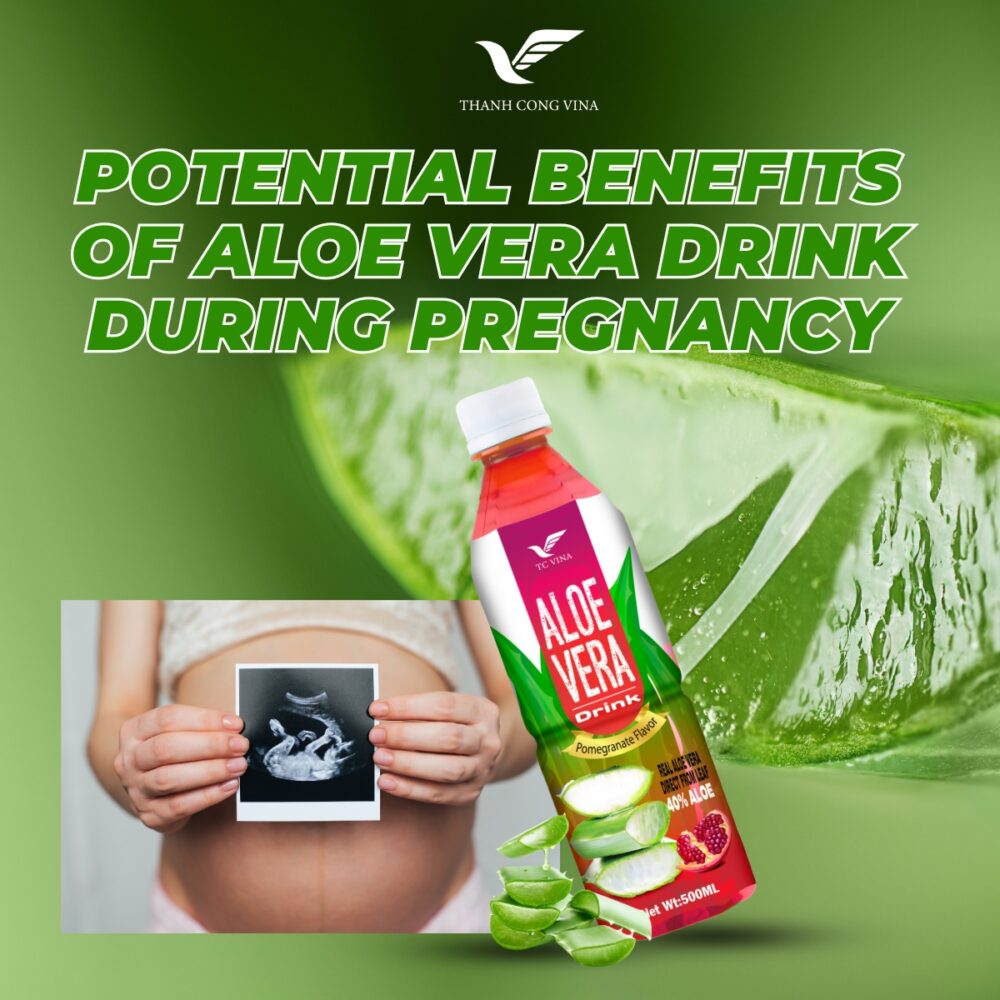
Potential Benefits of Aloe Vera Drink During Pregnancy
While caution is paramount, some proponents suggest that aloe vera drinks may offer certain benefits during pregnancy:
-
Digestive Aid: Pregnancy often brings about digestive issues like constipation. Aloe vera’s natural laxative properties might help alleviate these symptoms.
-
Hydration: Aloe vera drinks can contribute to daily fluid intake, essential for maintaining amniotic fluid levels and supporting increased blood volume during pregnancy.
-
Nutrient Boost: Aloe vera contains vitamins A, C, and E, which are antioxidants, as well as B12, folic acid, and choline, supporting fetal development.
-
Immune Support: The plant’s compounds may bolster the immune system, helping the body fend off common illnesses.
Risks and Concerns of Aloe Vera Drink During Pregnancy
Despite the potential benefits, several risks are associated with consuming aloe vera drinks during pregnancy:
-
Uterine Contractions: Anthraquinones in aloe vera latex can stimulate uterine contractions, potentially leading to miscarriage or premature labor.
-
Electrolyte Imbalance: The laxative effect can cause diarrhea, leading to dehydration and electrolyte imbalances, which are detrimental during pregnancy.
-
Allergic Reactions: Some individuals may experience allergic reactions, ranging from skin rashes to more severe responses.
-
Blood Sugar Levels: Aloe vera might lower blood sugar levels, posing risks for pregnant women with gestational diabetes or those on blood sugar-regulating medications.
-
Lack of Regulation: The supplement industry isn’t strictly regulated, leading to variability in aloe vera drink formulations, some of which may contain harmful additives or inconsistent concentrations of active compounds.
Topical Use of Aloe Vera During Pregnancy
While ingesting aloe vera poses risks, topical application is generally considered safe during pregnancy. Applying aloe vera gel can soothe skin irritations, reduce stretch marks, and alleviate itching. However, it’s advisable to perform a patch test to ensure no allergic reaction occurs.
Guidelines for Consuming Aloe Vera Drink During Pregnancy
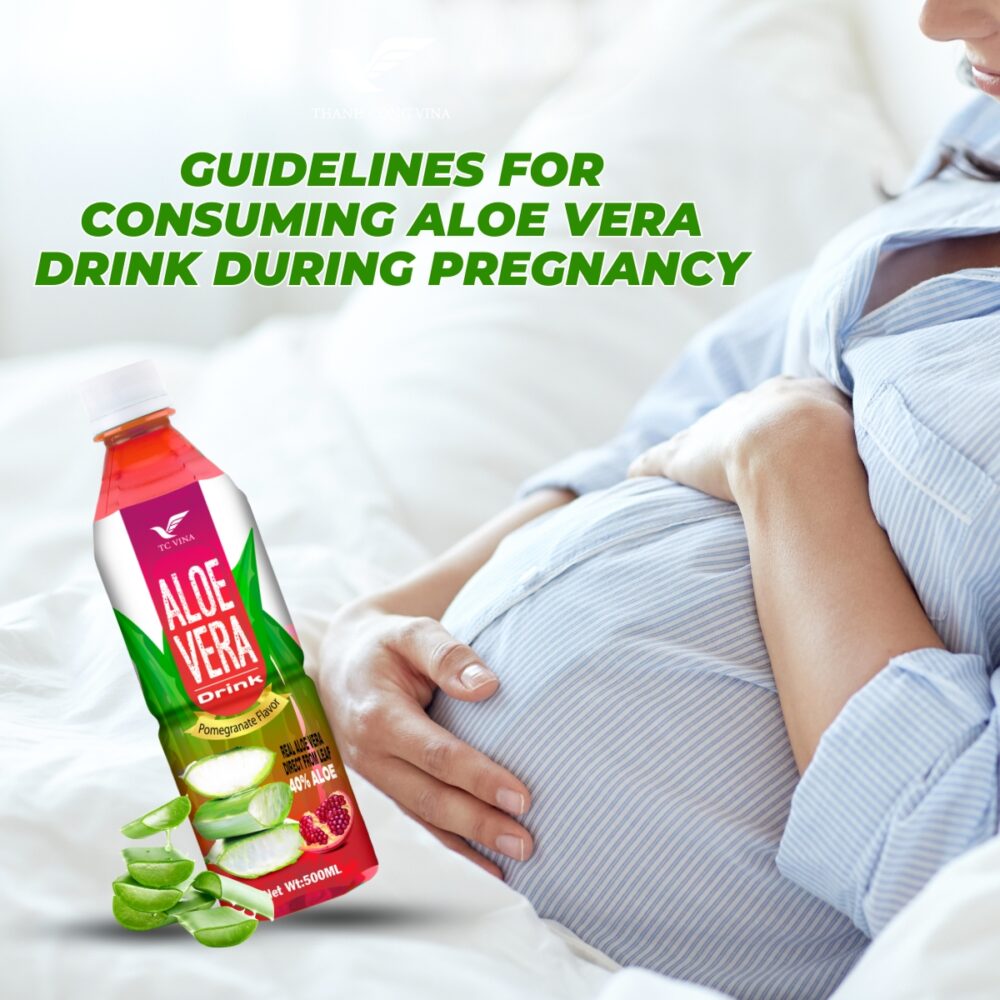
Guidelines for Consuming Aloe Vera Drink During Pregnancy
If considering aloe vera drinks during pregnancy:
-
Consult Healthcare Providers: Always discuss with a doctor or midwife before introducing aloe vera drinks into your diet.
-
Choose Purified Products: Opt for decolorized, purified aloe vera drinks that have had anthraquinones removed.
-
Moderation is Key: If approved by a healthcare provider, consume in limited quantities to minimize potential risks.
-
Monitor for Adverse Effects: Be vigilant for any signs of allergic reactions, digestive disturbances, or other side effects.
Expert Opinions and Research Findings
Medical professionals generally advise against the consumption of aloe vera drinks during pregnancy due to the associated risks. The American Pregnancy Association recommends avoiding internal use of aloe vera during pregnancy. Research indicates that compounds in aloe vera can be harmful to both the mother and the developing fetus when ingested.
Conclusion
While aloe vera boasts numerous health benefits, its consumption during pregnancy is fraught with potential risks that outweigh the advantages. Expectant mothers should prioritize safety, opting for well-researched and approved remedies. Topical application of aloe vera remains a safer alternative for addressing skin-related concerns during pregnancy. Always consult with healthcare professionals before introducing any new supplements or remedies into your prenatal care regimen

